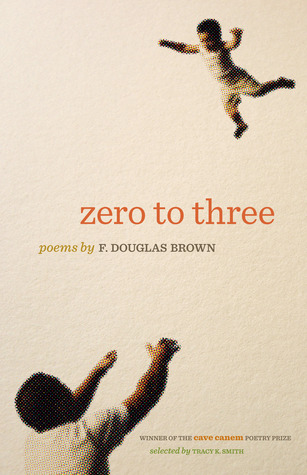I Want Love So Great It Makes Nicholas Sparks Cream In His Pants, by Calvero
A very large and ongoing conversation regarding poetry is: what should a poem do or be? Despite the many essays and all of the anthologies that exist on the subject of poetry, whether a poem is aesthetically pleasing to the eye and to the mind is always, arguably, up to the reader. This conversation is important when discussing Calvero’s I want Love So Great It Makes Nicholas Sparks Cream in His Pants. Calvero writes a little over two hundred pages of love poems, writing love in ways that make reading the words aloud may sound humorous, or may sound just like one giant dark satire on modern love and life. However, the words on the page are so frank, so unfiltered as if they were peeled off of the speaker’s mind like a sticker. They transfer onto the page as one (sometimes more than one) blunt, original, train of thought about things such as the woman that the speaker of the poem sexually desires, loves, sometimes even hates. This is the kind of poetry that forces oneself to think about our own writing. Whether it is a poem, a story, blog, Facebook status, or a page in our diary, what kind of agency do we give to our own thoughts? At what point do we decide which thoughts are the ‘good enough’ ones that are going to be seen by the rest of the world? The speaker in Calvero’s poems would probably say: fuck it, all of them.
I envy Calvero for what the speaker in his poems was able to deliver consistently from the first poem to the last- an unfiltered, unapologetic confession. Perhaps this was not his aim, but when I read the lines in his title poem at the end of the first chapter “I wanna fuck the woman/ of my dreams/on top of the Eiffel Tower,” I couldn’t help but wonder why he opted out of decorous, superfluous language. I thought about John Donne’s poem “The Flea,” where the speaker of his poem is using a Flea to convince the women in the poem why she should have sexual relations with the speaker. While Donne’s poetry is mainly described as metaphysical poetry, comparing the two poets’ style helps add to the larger conversation. Needless to say, Calvero’s poems are anything but your typical hallmark card about love. This thought about Calvero’s poetry persisted into the second, third, and fourth chapter. In the penultimate chapter “Love from Afar,” the poem c.t., stands out as a moment where the speaker reaches a moment of clarity regarding the disdain that may come from love, or self-love. The speaker calls for one to allow your passions to consume you, to let our passions grow until they crush us, because “it’s the only way to live / and it’s the only way to die.” Often times in poetry, we are left to wonder if there is any big, capital “T” truths in it. We become heavily invested in trying to figure out if there is a point. However, in the poem c.t., I admire these words for their accessibility. At face value, the speaker may be offering us a way to deal with the heartache that comes from love and life, but simultaneously it is unaware of its audience. This poetry does not care whether you will listen to what it has to say, or whether you care about the words on the page sounding like they are trying to follow a popular literary convention.
This book is for those who are poetry opportunists, those who are willing to use the circumstances that Calvero has provided for us in writing, and use them to their advantage, i.e., a poem will make you feel something or perhaps nothing at all, and that is okay. In the culminating chapter “Finding Love in Unexpected Places,” Calvero expresses cynicism while still providing a sort of closure. In his final poem, “Happiness Revolution 4/15/13”, the lines “this is me / rebelling against everything shitty / that makes me / me” echo throughout and serve as a reminder to the speaker and the reader, that rebelling against oneself and the world around us is part of what makes us human. Our feelings are sometimes bigger than our own shadows, sometimes bigger than our logic at a particular moment in time: human heart > human brain. For seventeen pages, he constantly tugs at our failures as humans as orthodox, nothing more. Often times as readers or writers, we look for answers in what we read, but sometimes sit uneasy to voice our questions to get them. This is why Calvero’s choice of words throughout this book of poems is important—he champions the everyday voice in our head no matter who we are. It is okay to not have answers; it is okay to only have questions, to kick, scream and yell during our path to our own happiness revolution.
I Want Love So Great It Makes Nicholas Sparks Cream In His Pants is now available through University of Hell Press.


